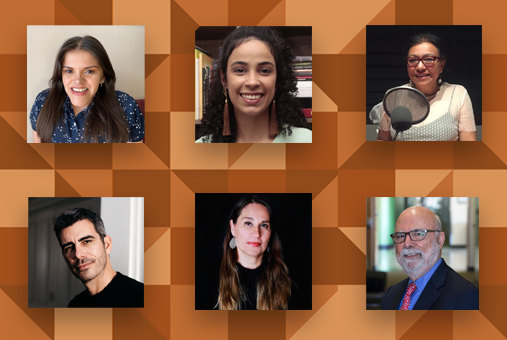
The pioneering e-book “Diversity in Latin American Journalism” will be launched during the annual conference of the National Association of Hispanic Journalists (NAHJ).

A study found that journalists in Latin America are attacked more for their political opinions on Twitter than for their work and 68 percent of them, after online attacks, restricted the frequency of their publications, withdrew temporarily from this social network or stopped publishing on sensitive topics.

Ending excuses for not including expert voices of women and non-binary people in journalistic texts from Venezuela is the main objective of the recently launched project Mujeres Referentes, developed by media outlets that make up Alianza Rebelde and Chicas Poderosas Venezuela.
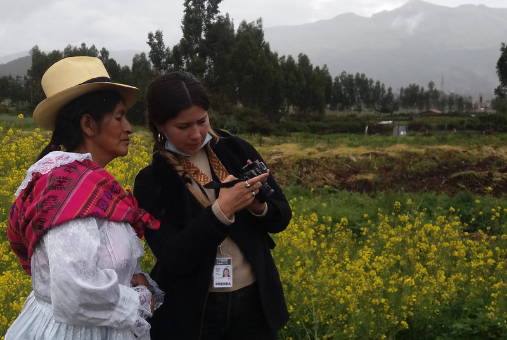
Three freelance women journalists talked to LatAm Journalism Review (LJR) about working during the pandemic and the changes the health crisis has brought alongside the current news industry revolution.
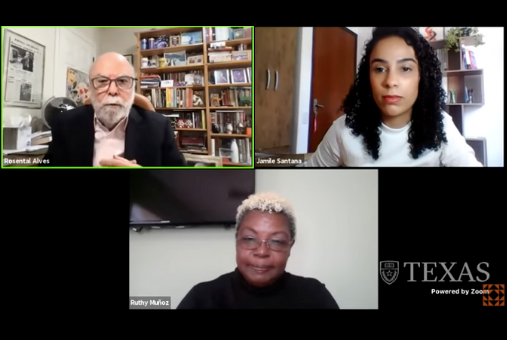
Watch video of this conference panel. Two journalists who shared life and professional experiences in their search for diversity in the news opened the First Latin American Conference on Diversity in Journalism. The first invited speaker, Ruthy Muñoz, wanted to be a journalist since she was 9 years old. Her parents are Dominican, but she […]
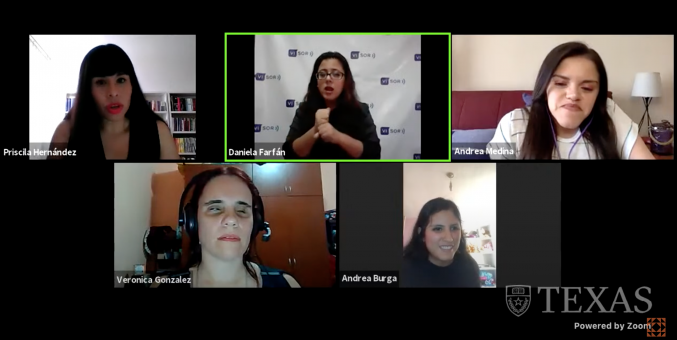
Cover disability from the solutions. That was the theme of the last session of the First Latin American Conference on Diversity in Journalism that took place from March 26 to 27 completely online. The conference was organized by the Knight Center for Journalism in the Americas with support from Google News Initiative.
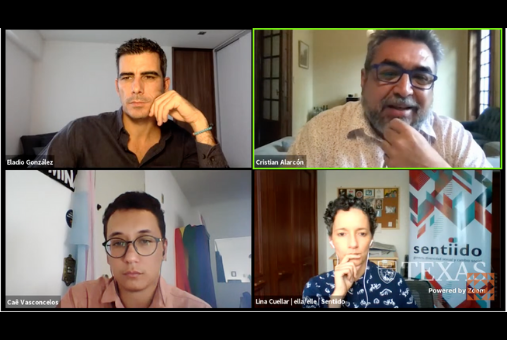
Panel on sexual orientation of the First Latin American Conference on Diversity in Journalism, talks about sexual diversity in journalism as the intersection between gender, race and social class.
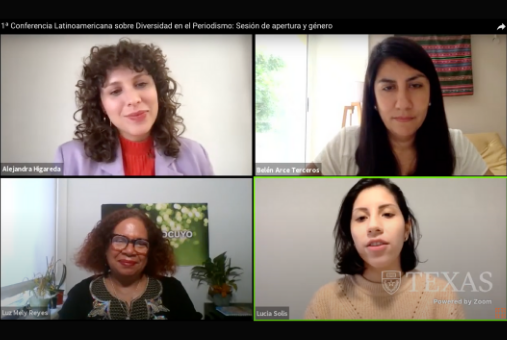
"The world is told through the eyes of man and that will never be objective," said journalist Lucia Solis Reymer, in a panel on gender at the First Latin American Conference on Diversity in Journalism, held completely online from March 26 to 27, 2021.
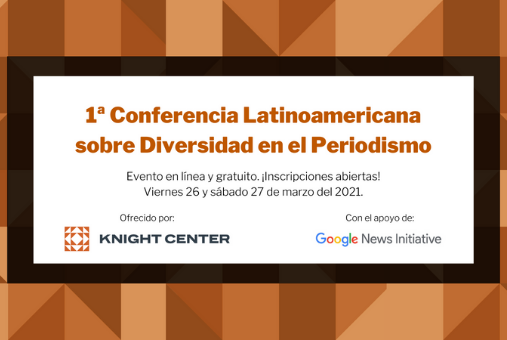
The First Latin American Conference on Diversity in Journalism will have 19 speakers from Latin America and the United States in four thematic sessions and two special tables on March 26 and 27, 2021.

Despite widely recognized as a diverse country, Brazil appears in the report as one of the three countries examined in a recent Reuters Institute report where there is not a single non-white editor in the sample, along with Germany and the UK.
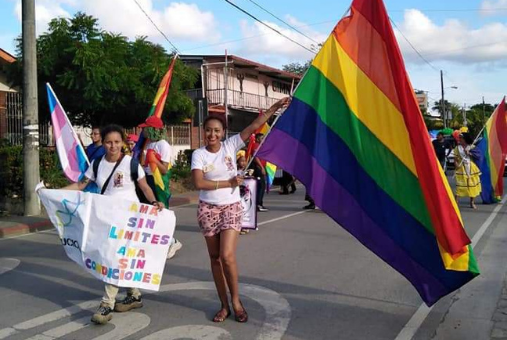
“Living leaves a mark” is the motto of the new digital magazine Impronta (Imprint), founded and directed by LGBT journalists from Central America and launched on March 7.
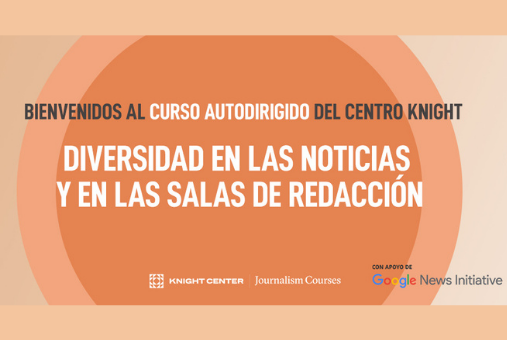
The Knight Center online course in Spanish, “Diversity in the news and newsrooms,” is now available online for free as a self-directed course. Any person from anywhere in the world can now access and take the course at their own pace.